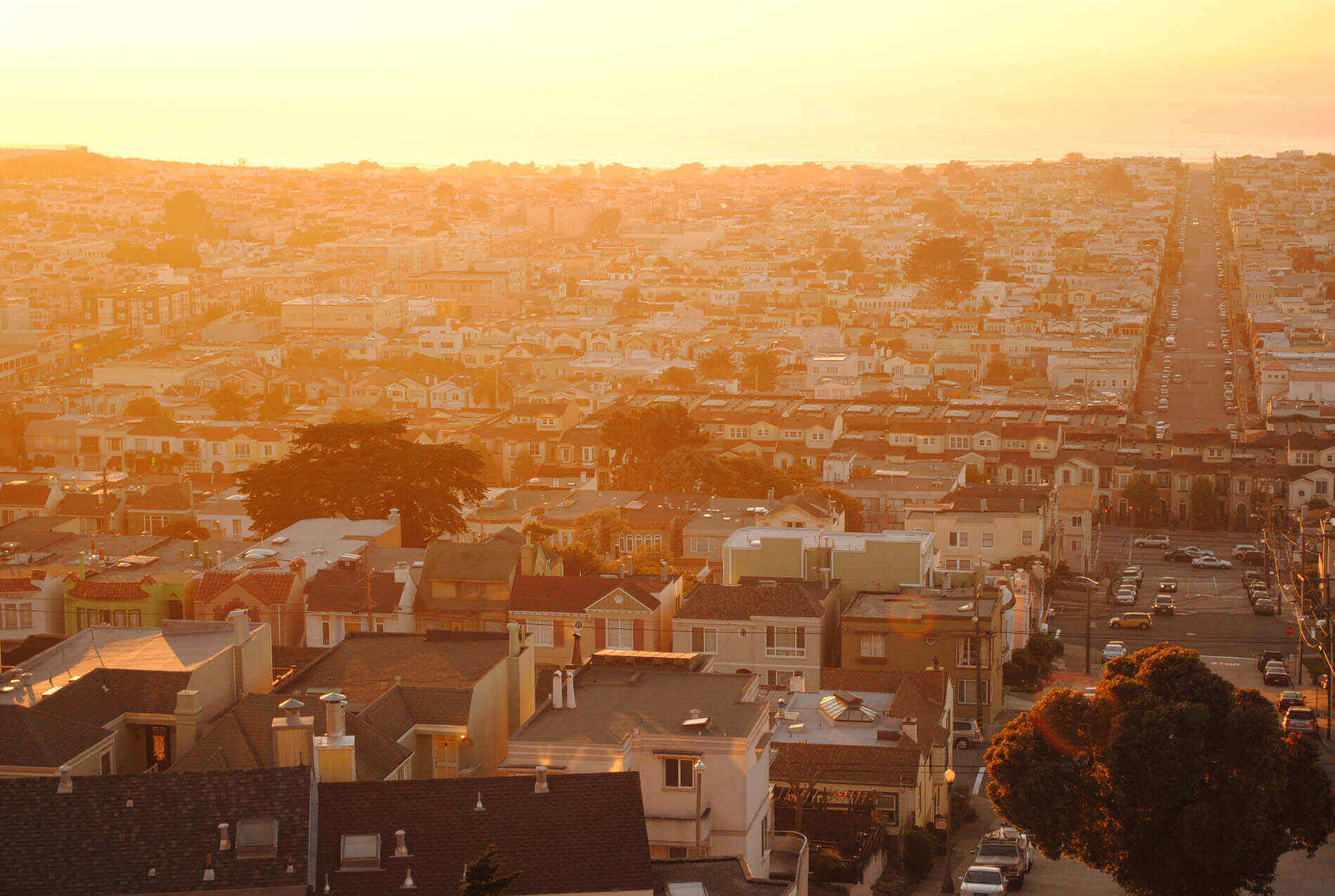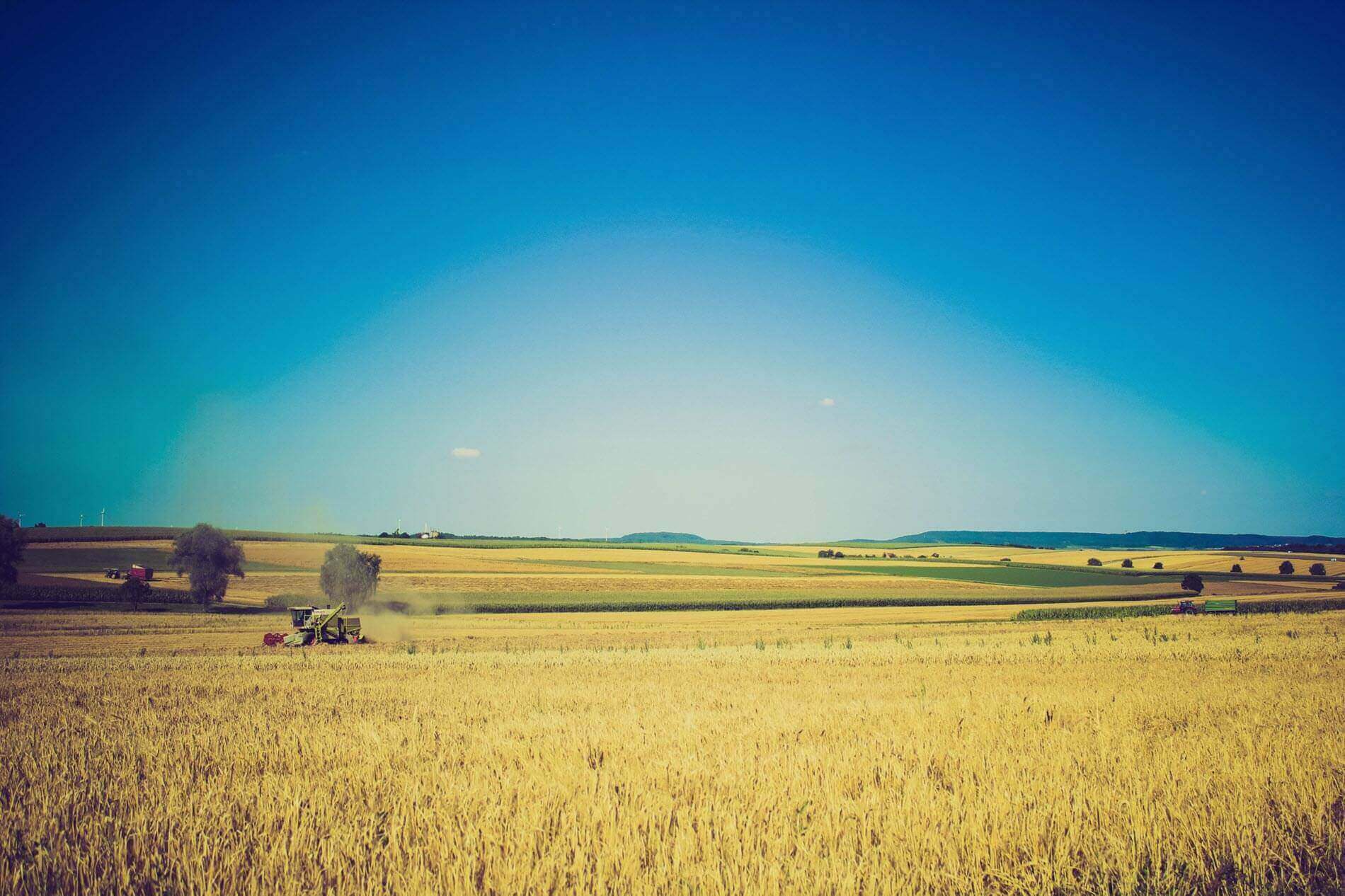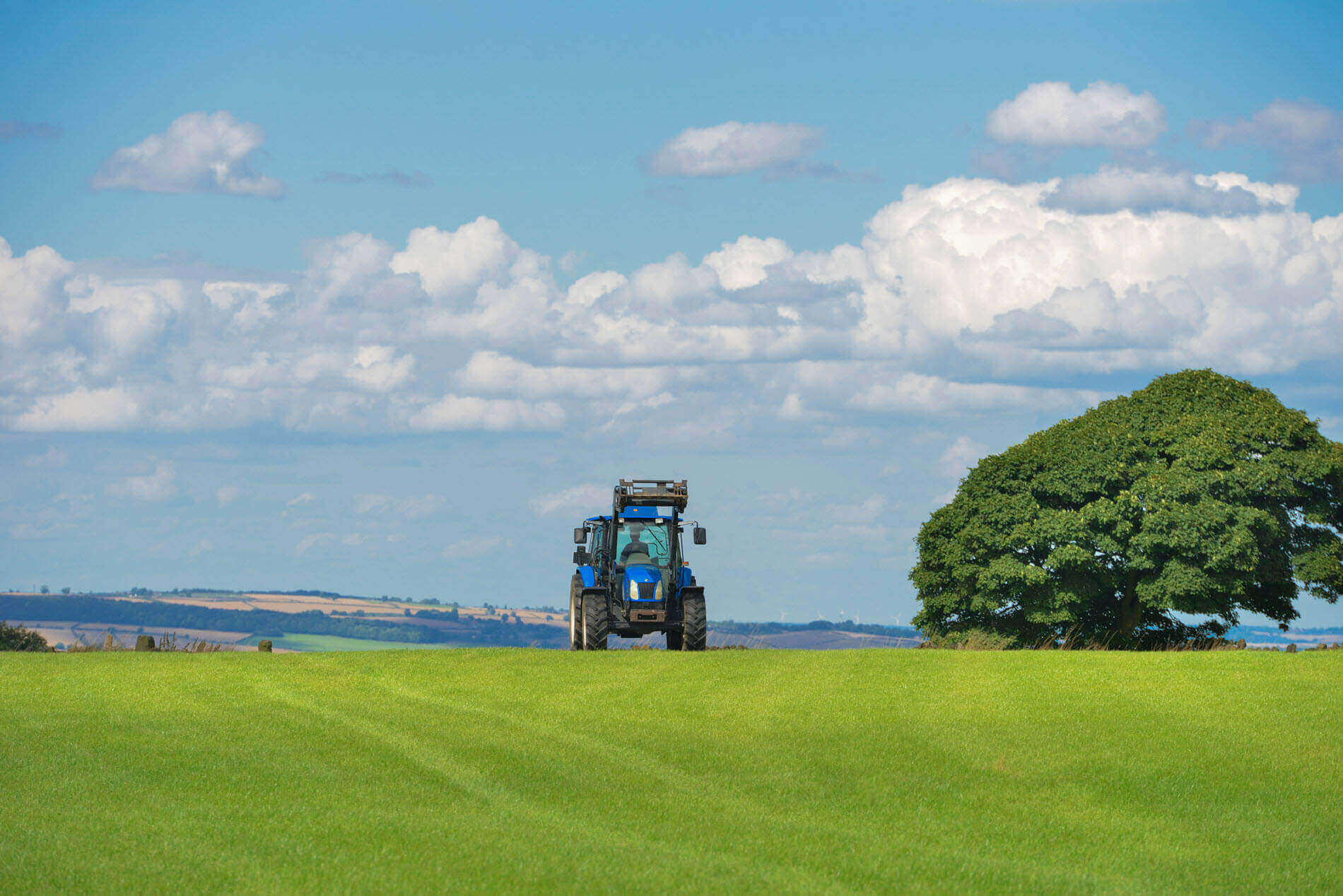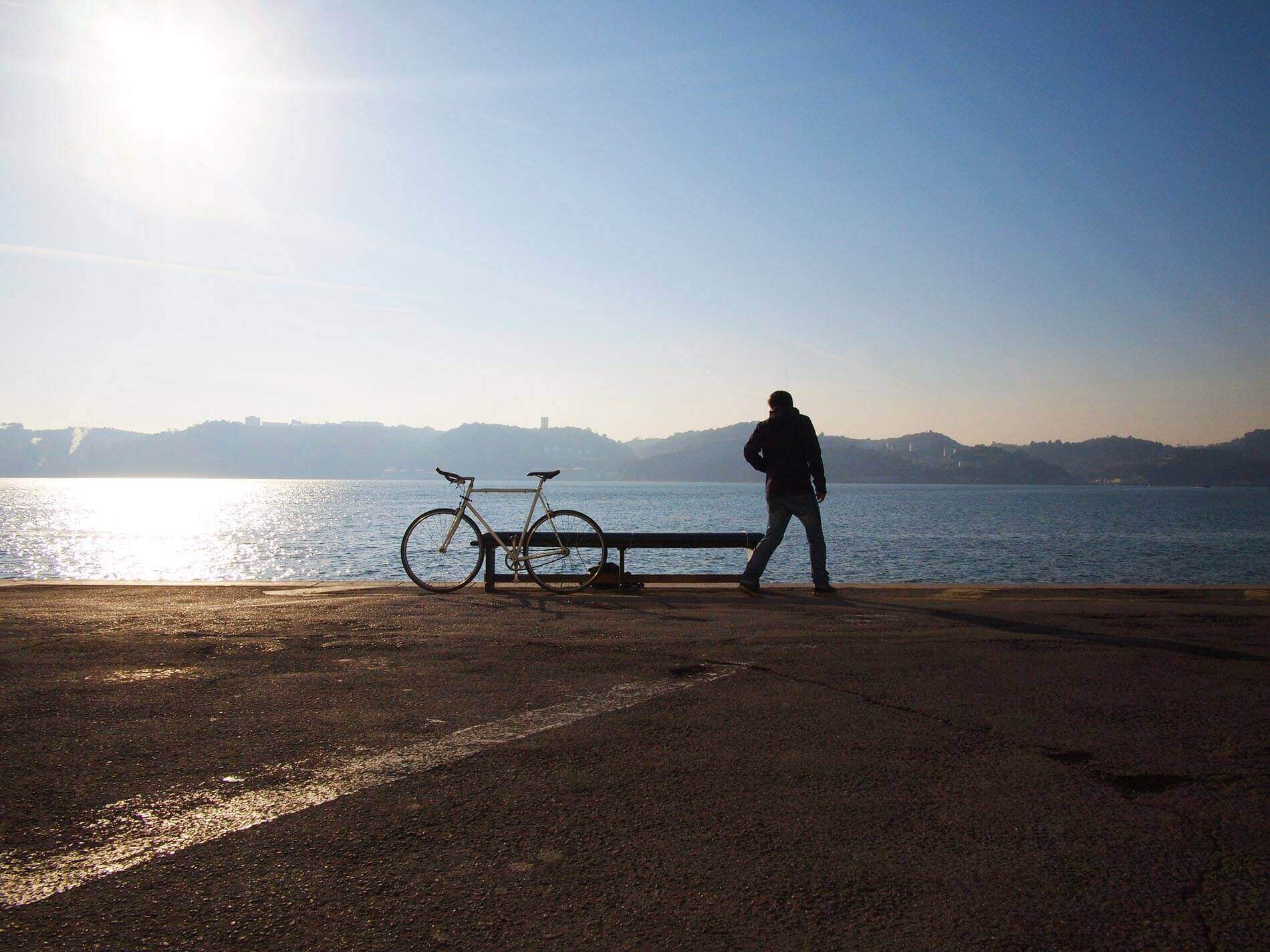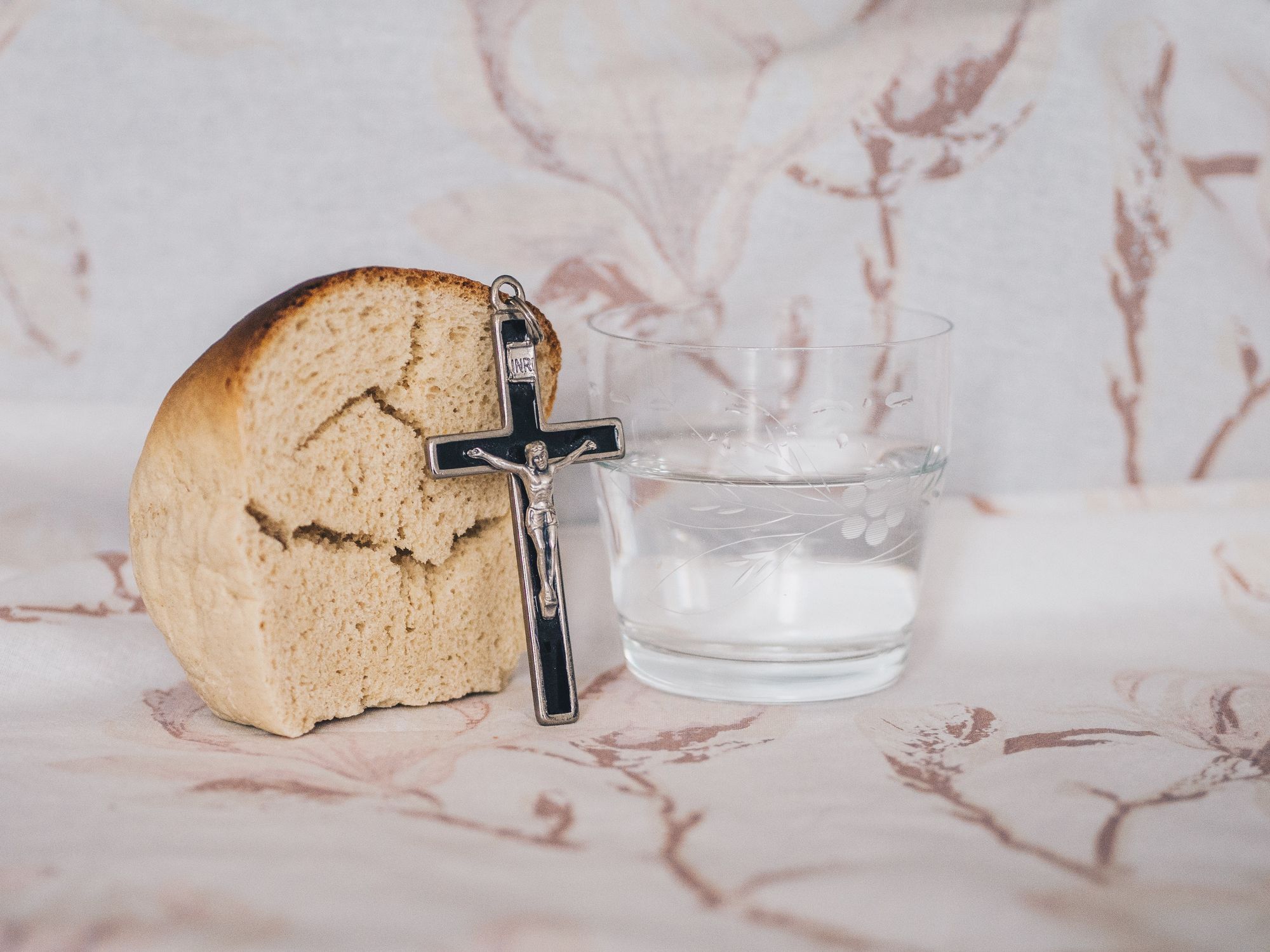 Fasting, as we ought to know, was instituted by God himself. In the New Testament our Christ first fasted for forty days and only then began His Salutary Preaching on earth. And also from the Old Testament we know that before receiving the Ten Commandments from God himself on the God-trodden Mount Sinai, the Prophet Moses fasted for forty days.
Fasting, as we ought to know, was instituted by God himself. In the New Testament our Christ first fasted for forty days and only then began His Salutary Preaching on earth. And also from the Old Testament we know that before receiving the Ten Commandments from God himself on the God-trodden Mount Sinai, the Prophet Moses fasted for forty days.
Thus summarily and in proof we respond to those who reject the command of fasting. And let us not forget that for this reason–because they did not obey and did not fast–our Foremother Eve and also our Forefather Adam lost and ended up outside of Blessed Paradise.
According to the Holy Fathers of our Church, fasting curbs the passions, strengthens man spiritually, subdues and expels demons, gives contrition, enlightenment and purity to the soul, makes the mind and the body as well healthy and, most importantly we please God.
Thanks to our Saviour Jesus Christ, we Orthodox Christians by struggling the good struggle of our Living Faith, and with all the other virtues and with fasting, can regain the lost Paradise of delight.
As Orthodox Christians, we fast all Wednesdays and Fridays throughout the year; on Wednesday because on this day the Jews conspired against Christ, and Friday because this was the day of His Crucifixion. There are some exceptions to this rule, especially if it coincides with special fasts or major feast days, as outline below.
The fasts, as they begin almost from the beginning of the year are the following:
| 1st | 25 Dec (Christmas Day) – 4 Jan (the period of the twelve days of Christmas) |
All foods are permitted, even on Wednesdays and Fridays. |
| 2nd | 5 Jan (Eve of Epiphany) | Only foods without oil, however if falls on a Saturday or Sunday, foods with oil are permitted. |
| 3rd | 6 Jan (Holy Epiphany) | Fast-free day, even if it falls on a Wednesday or Friday. |
| 7 Jan (Synaxis of Saint John the Forerunner) | (See 19th fast) | |
| 4th | 2 Feb (Presentation of our Saviour Jesus Christ to the Temple) | If it falls on a Wednesday or Friday, fish is permitted, otherwise all foods are permitted. |
| 25 Mar (Annunciation of the Theotokos) | (See 10th fast notes) | |
| 5th | Sunday of the Publican and the Pharisee (start of the Triodion period) – Sunday of the Prodigal Son (following Sunday) (the week of Arzivouriou) |
Fast-free week, even on Wednesday and Friday. |
| 6th | Sunday of the Prodigal Son – Meatfare Sunday | Normal week, like any during the whole year; we are careful not to eat meat, milk products, cheese products, and fish on Wednesday and Friday. |
| 7th | Meatfare Sunday | Meat is permitted on this day only and is not permitted again until the Resurrectional Divine Liturgy. In the week following Meatfare Sunday, until Cheesefare Sunday, all milk products, cheese products, fish and eggs are permitted even on Wednesday and Friday. |
| 8th | Clean Monday (the day after Cheesefare Sunday) (Great Lent of Pascha begins) |
On this day we have only dry foods (bread, halva, olives, tahini, onions, celery etc). Some Christians have a habit of not eating anything on this day and still others wait until Wednesday morning or afternoon in which case they commune of the Immaculate Sacraments in a Church which has the Presanctified Liturgy. |
| 9th | Great Lent | During this time, we do not eat meat, milk products, cheese products, eggs, or fish. We can eat foods with oil, shellfish, squids, clams, octopus. However, those that can eat foods without oil (without seed oil, corn oil, or soya oil) on Wednesday and Friday will have a higher fast. Note: Here fasting demands discernment and it would be good to consult our Spiritual Father to avoid extremes or excesses. |
| 10th | Sunday of the Veneration of the Cross (3rd Sunday of the fast) | Being a Sunday, we can eat oil (like all other Sundays of Great Lent). If it falls on 25 March (Annunciation of the Theotokos), fish is permitted but not cheese products. Also, if the Annunciation falls on a day other than Sunday, even Wednesday or Friday, we can again eat fish without however, having cheese products. On Palm Sunday, likewise, fish is permitted but not cheese products.** |
| Palm Sunday | (See 10th fast notes) | |
| 11th | Night after the Ressurectional Divine Liturgy – Sunday of Thomas (Renewal Week and the whole week is considered by our Church as if it is one Paschal Day) |
Fast-free week, even on Wednesday and Friday. Regarding the Paschal Liturgy, all Christians should remain until the end of the service and, if prepared properly, and commune, will receive a great blessing, unlike those who leave immediately after Christ Is Risen, to go and eat. |
| 12th | The day following Thomas Sunday | We fast normally as during the rest of the year. |
| 13th | Mid-Pentecost (always falls on a Wednesday) | Fish is permitted but not milk or cheese products. |
| 14th | The day of the leavetaking of Pascha (always falls on a Wednesday) (day before the feast of the Ascension) |
Fish is permitted but not milk or dairy products. |
| 15th | Sunday of Pentecost – Sunday of All Saints (The Week of the Holy Spirit) |
Fast-free week, even on Wednesday and Friday. |
| 24 Jun (Birthday of Saint John the Forerunner) | (See 19th fast) | |
| 16th | Monday after the Sunday of All Saints – 28 Jun (Eve of the feast of the Holy Apostles Peter and Paul) (Fast of the Twelve Apostles) |
During this time, we do not eat meat, milk and cheese products. Fish is permitted except on Wednesdays and Fridays. * |
| 17th | 29 Jun (Feast of the first among the Apostles, Saints Peter and Paul) | All foods are permitted, unless it falls on a Wednesday or Friday, in which case fish is permitted but not dairy products. |
| 18th | 1 Aug – 14 Aug (Fast of the Fifteen Days of August) | We fast as we do during Great Lent before Pascha. On 6 August (Transfiguration of the Saviour, a feast of the Master) fish is permitted, even if it falls on Wednesday or Friday but dairy products are not permitted on this feastday. On 15 August (Dormition of the Theotokos, a feast of the Mother of God) we can eat meat, however, if it falls on a Wednesday or Friday we again eat fish without dairy products. |
| 6 Aug (Transfiguration of the Saviour) | (See 18th fast notes) | |
| 15 Aug (Dormition of the Theotokos) | (See 18th fast notes) | |
| 19th | 24 Jun (Birthday of Saint John the Forerunner), and 7 Jan (Synaxis of Saint John the Forerunner) |
If it falls on a Wednesday or Friday we can eat fish, on the other days meat as well. Note: When in a fast we are eating fish, we never eat cheese products aside from Cheesefare week, on which fish is eaten, because cheese products go along with meat. On 29 August (Beheading of Saint John the Forerunner), we always eat unoiled foods. |
| 29 Aug (Beheading of Saint John the Forerunner) | (See 19th fast notes) | |
| 14 Sept (Universal Elevation of the Precious Cross) | We eat unoiled foods, unless it falls on a Saturday or Sunday, in which case we can have wine and oil as also on 29 August. | |
| 23 Sept (Conception of Saint John the Forerunner) | If it falls on a Wednesday or Friday we eat oil. When however a certain Church celebrates its feastday, on these days we can also eat fish. We remind, that all Saturdays of the year we have a breaking of the fast for wine and oil, aside from Holy Saturday, when we eat unoiled foods. |
|
| In general, during the duration of the Ecclesiastical year, on the Feasts of the Mother of God, if they fall on a Wednesday or Friday, we have a breaking of the fast for fish without dairy products and eggs. We note also, that on the Holy Mountain, which many Fathers call the “Ark of Our Orthodoxy”, during the forty day fast of Christmas, they eat fish only on Saturdays and Sundays and they begin this from the feast of the Entrance of the Theotokos, as also during the whole duration of the Ecclesiastical year they have Monday as a fasting day along with Wednesday and Friday as a fasting day. We of course, in the world do not have a very easy time of keeping the Athonite rubric, and so for this reason the Fathers show condescension and understanding in these matters. Those who of course desire to implement this rubric they do not discourage, so long as there is an understanding between the Spiritual Father and the confessee and so long as everything begins with “Blessed Obedience”. | ||
| 14 Nov (feast of the Apostle Philip) | (See 20th fast notes) | |
| 20th | 15 Nov (the day after the feast of the Apostle Philip) – 17 Dec (Fast of the Lent of Christmas) |
Fish is permitted except on Wednesdays and Fridays but not Cheese products during the whole of the Great Lent. Also, on the 14 November (feast of the Apostle Philip) and on the 21 November (Entrance of the Theotokos), we can eat fish even if it falls on a Wednesday or Friday. |
| 21 Nov (Entrance of the Theotokos) | (See 20th fast notes) | |
| 21st | 18 Dec – 23 Dec | We eat only oiled foods and those that can and wish can eat unoiled foods except on Saturday and Sunday in which we eat oil. On 24 December (Eve of Christmas), we must of course eat unoiled food or dry food, unless again it happens to be a Saturday or Sunday. |
| 24 Dec (Eve of Christmas) | (See 21st fast notes) | |
| 22nd | All Saturdays of the Year | If we will commune on Sunday we eat oil till noon, as our Church characteristically records in her typikon concerning fasting, aside from Holy Saturday on which we must eat unoiled or dry foods. There are also two matters concerning fasting, which we will take care of with our spiritual guide, because the opinions differ. The first is that certain people say that on Holy Thursday we can eat oil and the Second that from Holy Easter till Pentecost, all faithful who commune can on the eve eat oil. |
Notes:
* The original text states that fish is permitted only on Saturdays and Sundays, however this is more of a monastic fast and the Church permits us to eat fish everyday except Wednesdays and Fridays.
** The original text states that ‘we do not eat fish but foods with oil in view of the reception and our preparation for Holy Week’, however the Church permits us to eat fish on this day due to its triumphant nature.
Source: Priest Michael (1998). Practical Guide of Orthodoxy and Orthopraxia. Thessalonika: Orthodox Kypseli Publications. 97-105.










